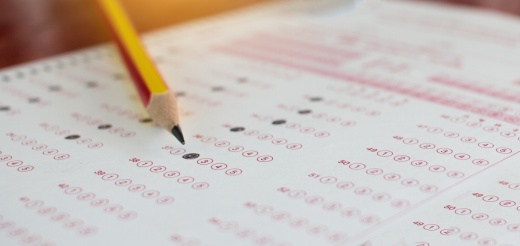While many colleges and universities use these exams to grant admission and merit-based scholarships, others are test-optional schools. Some colleges also require students to receive a minimum score to be accepted.
Students can learn more about what institutions require these scores as they learn more about the schools they are interested in attending. Most colleges do not prefer one test over the other.
Differences between the tests
While both exams are used by universities to help decide which students will attend their institution, they differ in:
- Timing
- Content
- Scoring
- Measures student achievement related to high school curriculum
- Can be taken up to 12 times
- Tests students’ general verbal and quantitative reasoning skills
- Can be taken an unlimited number of times
The highest possible score on the ACT is 36, while the highest score on the SAT is 1,600. For the 2022 graduating class, the average ACT score was a 19.8, while the average SAT score was a 1,050.
Subjects, Timing & Questions
ACT
- English
- 75 multiple-choice questions
- 45 minutes
- Grammar, punctuation, sentence structure and rhetorical skills
- Math
- 60 multiple-choice questions
- 60 minutes
- Algebra I and II, geometry, and trigonometry
- Reading
- 40 multiple-choice questions
- 35 minutes
- Prose fiction, social studies, humanities and natural sciences
- Science
- 40 multiple-choice questions
- 35 minutes
- Passages with graphs, charts, tables and research summaries
- Writing (optional)
- One essay
- 40 minutes
- Reading
- 52 multiple-choice questions
- 65 minutes
- Literature, historical documents, social sciences and natural sciences
- Writing and language
- 44 multiple-choice questions
- 35 minutes
- Grammar, vocabulary in context and editing skills
- Math
- 58 multiple-choice questions (20 with no calculator, 38 questions with calculator)
- 80 minutes
- Algebra I and II, geometry, and trigonometry
- Develop a study plan
- Set score goals
- Receive tutoring from experienced sources
- Practice time management
- Take multiple full-length practice exams





